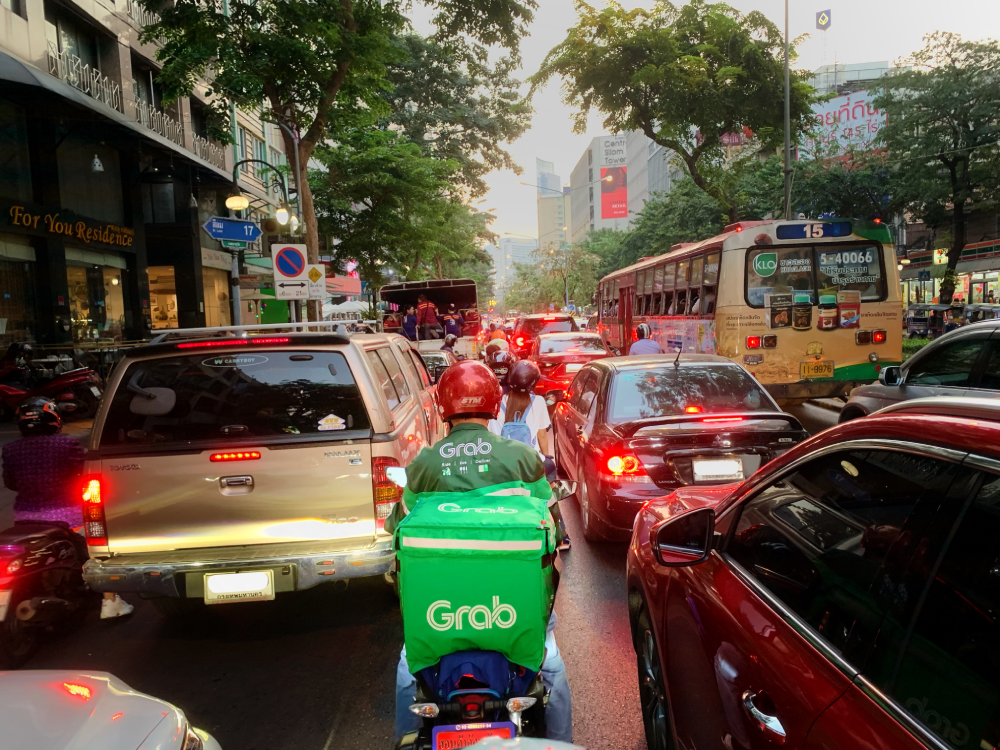First, the proliferation of tens of thousands of gig workers. While TNCs have hired many independent contractors (not employees – an important difference) across ASEAN, there exists a host of problems with the nature of their contract: job security is limited, with no bargaining power, wage fluctuations, and no unions; job quality is poor, with little upskilling, and no career path; social security is minimal, with lower credit access, no pension, and little legal security.
Second, there are burgeoning externalities of this new industry, such as traffic congestion, air pollution, more packaging waste, and even traffic accidents (in Malaysia alone, there were 150 road accidents from March to June 2021 involving TNC delivery drivers).
Lastly, many TNCs are struggling to turn a profit and often operate at a loss. Grab, for example, accumulated US$10.4 billion worth of losses by the start of 2021.
This raises a question: how are these companies being regulated? TNCs have been around for a decade now, and in Southeast Asia since 2013, yet there is no adequate regulatory framework yet. For example, Singapore declared infringement on Competition Act on Grab and Uber, while Vietnam declared a possible anti-trust breach by Grab/Uber. TNCs were outright illegal in Thailand until 2020.
Despite these issues, many business leaders and policymakers are still overly focused on the expansion of TNC superapps as a means to improve the economic performance of the region. They should anticipate that ASEAN’s greatest opportunity lies in its imminent transition into an increasingly sophisticated manufacturing centre and knowledge-based economy, which will unavoidably require basic needs provision: a productive workforce needs clean water, safe housing, and good roads.
Thus, ASEAN’s future technological developments should be harnessed to create new opportunities for the majority by helping to meet these basic needs and strengthen the entire region. Business leaders and policymakers alike should bear this in mind as they look to explore or embrace new technologies, and ask themselves: will this technology enable or uplift?





























